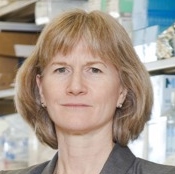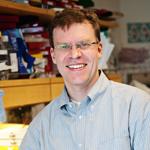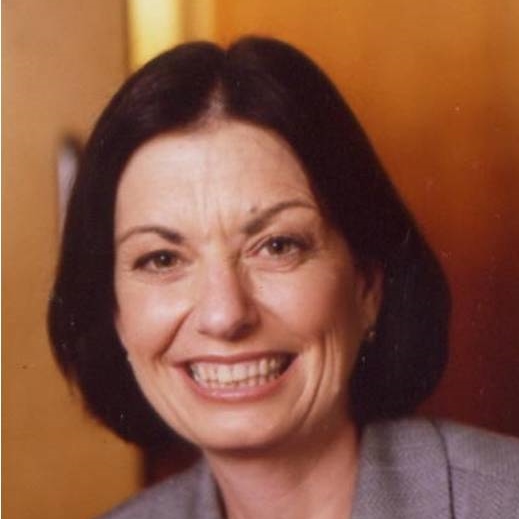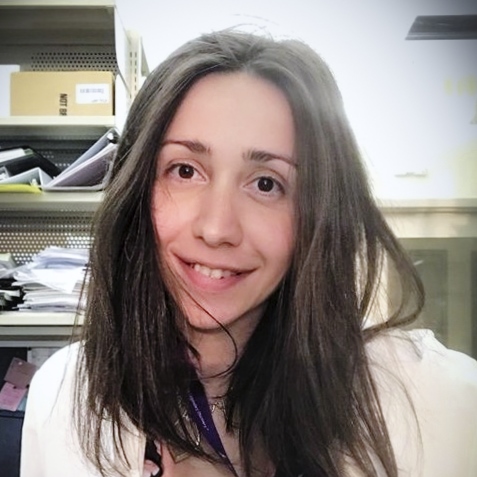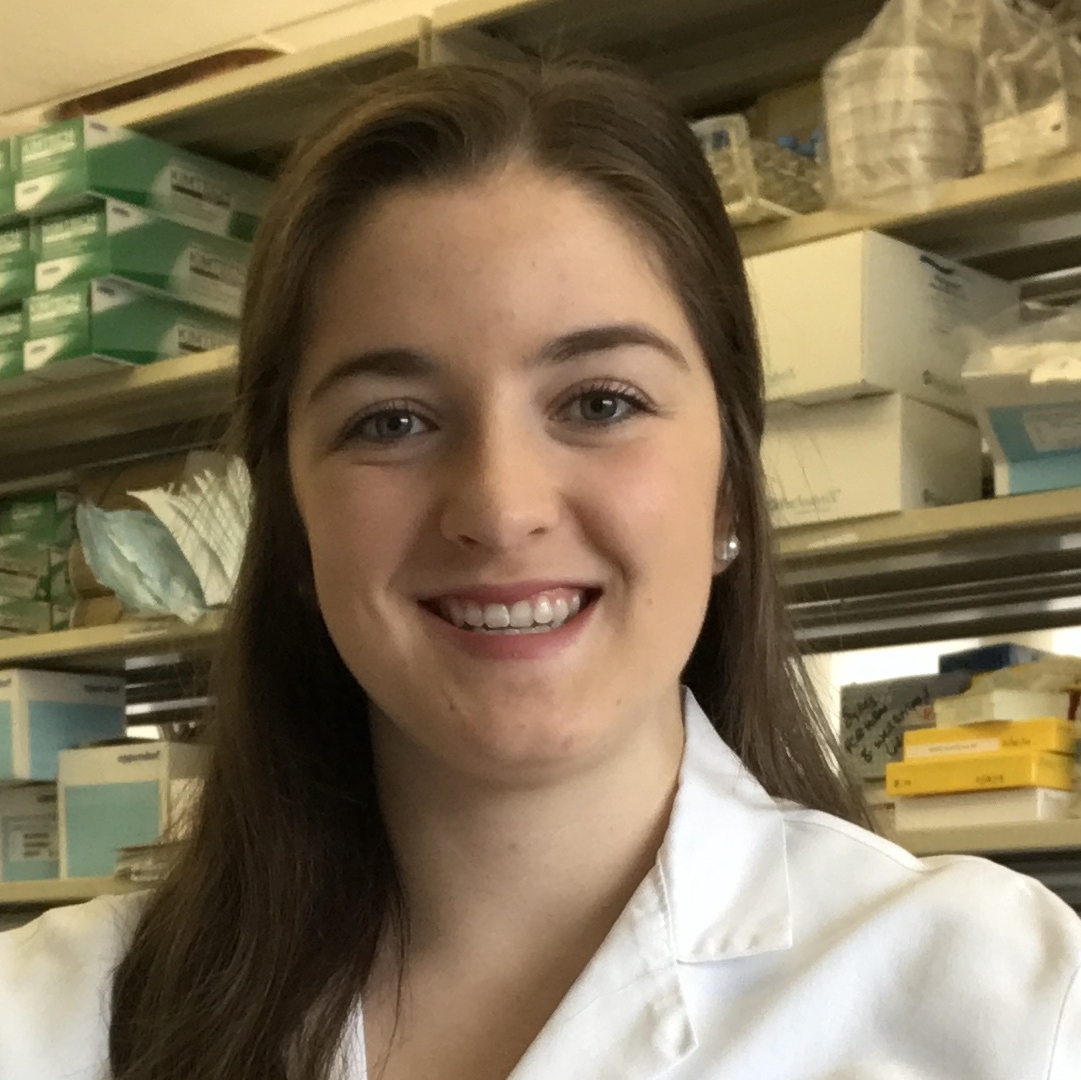Modeling Autoimmune Pathogenesis and Beta Cell Destruction by T1D Immune Systems
Contact PI: Megan Sykes, MD, PI, Columbia University (U01 DK123559)
Mark Anderson, MD, PhD, University of California, San Francisco, Investigator
Matthias Hebrok, PhD, University of California, San Francisco, Investigator (Sept 2019 – Jan 2023)
Audrey Parent, PhD, University of California, San Francisco, Investigator
Remi J Creusot, PhD, Columbia University, Co-Investigator
Robin Goland, MD, Columbia University, Co-Investigator
Start Date: September 20, 2019
Abstract
The study of Type 1 diabetes (T1D) pathogenesis has been limited by the insufficiency of animal models and the heterogeneity of patient populations, who derive genetic risk from HLA and different assortments of about 60 non-HLA genetic variants. Given this complexity, there is a need for improved models of human T1D pathogenesis involving diverse genetic backgrounds. We have developed humanized (HU) mouse models in which T1D patient and healthy control (HC) immune systems are generated de novo from hematopoietic stem cells (HSCs) in Personalized Immune (PI) mice and models introducing transgenic (Tg) autoreactive TCRs into their HSCs and T cells. We have also developed methods of generating thymic epithelial cell (TEC) progenitors and β cells from human pluripotent stem cells (hPSCs) that will increase our ability to test the influence of these key cell populations on T1D risk. We will use these tools to address the hypothesis that HSC-intrinsic and thymus-intrinsic genetic variants in T1D individuals lead to abnormal thymic selection of β cell antigen- autoreactive TCRs. We will: Aim 1: Determine the impact of T1D-prone genotypes on selection of autoreactive T cells in the human thymus. We have demonstrated negative selection of a Tg HLA-DQ8- restricted insulin B9-23 peptide-specific TCR in HLA-DQ8+ thymi of HU mice. We will assess additional β cell- autoreactive class I- and class II-restricted TCRs, determine the impact of both HSC and AIRE+ mTEC antigen expression and compare selection of T1D patient vs HC thymocytes bearing β cell-reactive TCRs; Aim 2: Determine the impact of T1D-prone genotypes of TECs on thymic selection of β cell-reactive T cells in humanized mice. We will utilize a novel model in which hPSC-TECs create a “hybrid thymus” on a living scaffold of fetal pig thymic tissue that supports human T cell development in HU mice. We will use this model with genetically engineered hPSCs to determine the impact of human TEC expression of TID-associated genetic variants on selection of autoreactive TCRs; Aim 3: Assess autoimmune interactions between hPSC-derived β cells and autoreactive T cells in humanized mice. We have developed models for rejection of hPSC-derived β cells in HU mice and for autoimmune β cell destruction by transducing autoreactive TCRs into their T cells. We have generated a hPSC cell line that lacks all HLA except HLA-A2, evading rejection in HLA-A2+ immune systems. These will be used in vivo and in vitro, with and without expression of an HLA Class II molecule, DQ8, to model autoimmune destruction by TCR Tg T1D patient and HC-derived T cells, assessing the requirement for Class II HLA and CD4 help for CD8 cell-mediated autoimmune β cell destruction. Our collaborative effort will generate novel and robust systems to model human T1D, enhancing understanding of its pathogenesis and providing a platform for testing of immunotherapies.
Meet the Grant Team
Investigators |
|
Megan Sykes, MDInvestigator |
Mark Anderson, MD, PhDInvestigator |
Matthias Hebrok, PhDInvestigator |
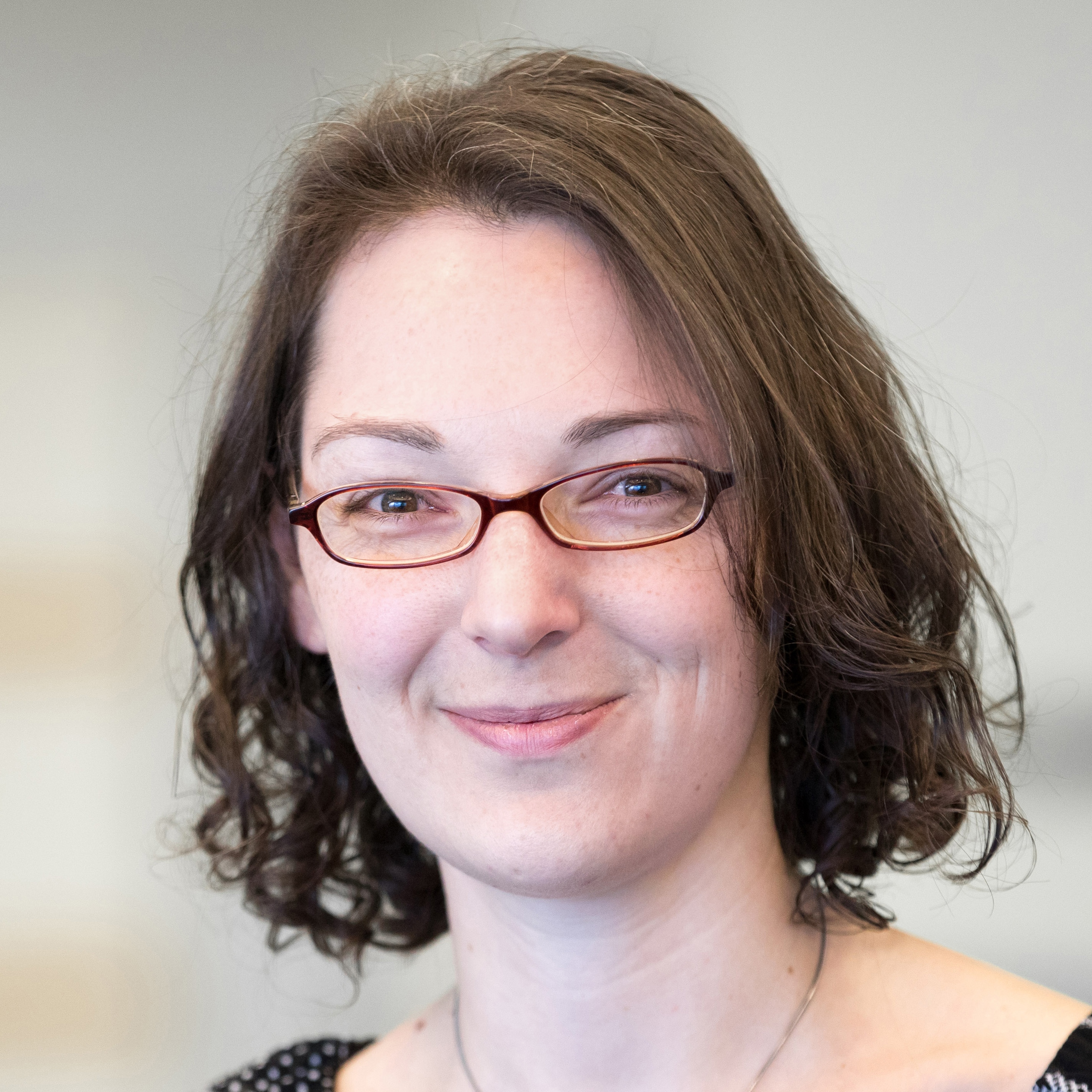 Investigator |
Co-Investigators |
|
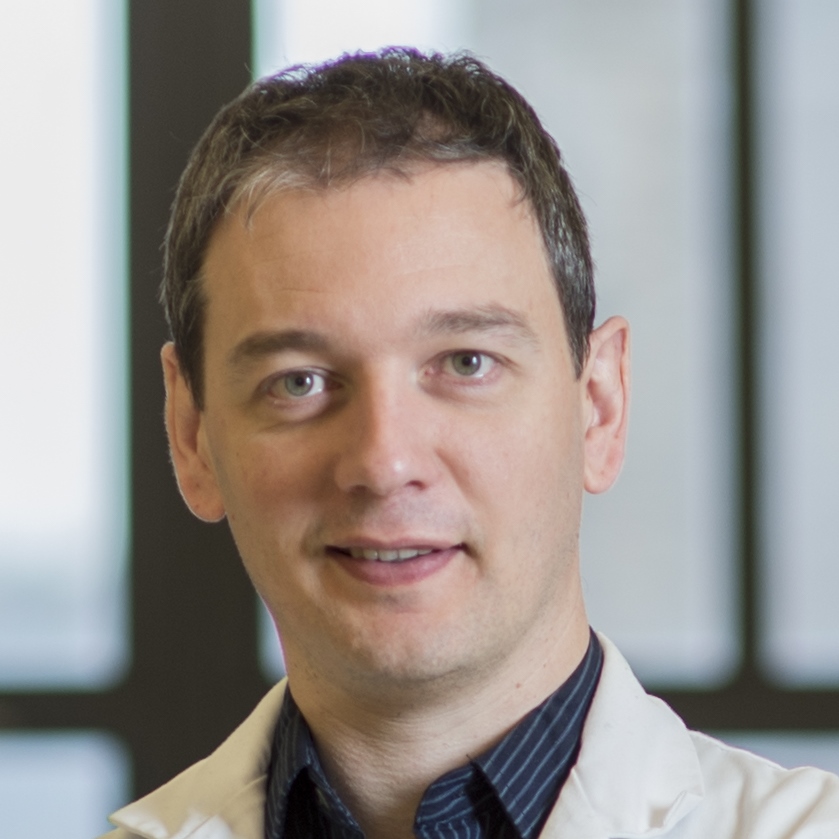 Co-Investigator |
Robin Goland, MDCo-Investigator |
|
Research Staff |
|
Nato Teteloshvili, MD, PhDPost Doc |
Rachel Madley, MA, MPhilResearch Staff |
Publications
- Closing the Gap Between Vision and Victory in Type 1 Diabetes: The NIDDK Human Islet Research Network (HIRN) Initiative
- T Cell Development and Responses in Human Immune System Mice
- Follicular helper- and peripheral helper-like T cells drive autoimmune disease in human immune system mice
- Origin, phenotype and autoimmune potential of T cells in human immune system mice receiving neonatal human thymus tissue
- Stem cell-based multi-tissue platforms to model human autoimmune diabetes
- T1D patient-derived hematopoietic stem cells are programmed to generate Tph, Tfh, and autoimmunity-associated B cell subsets in human immune system mice
- Defects in Long-Term APC Repopulation Ability of Adult Human Bone Marrow Hematopoietic Stem Cells (HSCs) Compared with Fetal Liver HSCs
- Modeling human T1D-associated autoimmune processes
- High Throughput Human T Cell Receptor Sequencing: A New Window Into Repertoire Establishment and Alloreactivity
- From type 1 diabetes biology to therapy: The Human Islet Research Network
- Single-cell transcriptional profiling of human thymic stroma uncovers novel cellular heterogeneity in the thymic medulla
